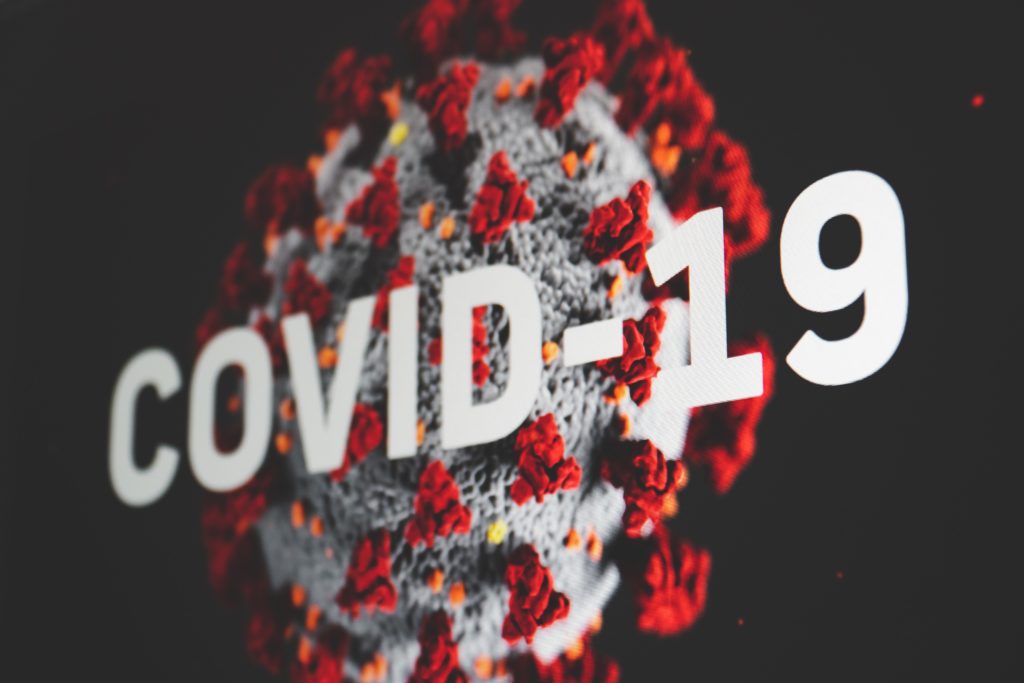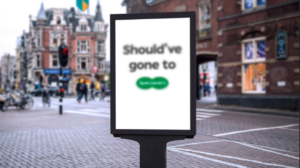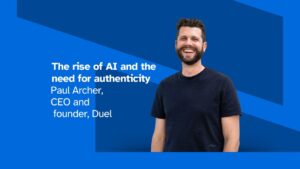In light of the coronavirus pandemic, an advertising report has predicted that the industry could take a $3 billion hit this year in the wake of reduced budgets. Ben Williams, Director of Advocacy at eyeo shares his thoughts on how the adtech industry will need to quickly adapt to the changing consumer needs.
Following the news that advertising budgets could take a $3 billion hit over coronavirus, please see below comments from Ben Williams, Director of Advocacy at eyeo, outlining how advertising executives will need to adapt their model to reach new users during this troubling time, in order to recoup lost revenues.
The coronavirus pandemic has changed the world indelibly, making us uncomfortably aware of our own vulnerability. Beyond the human impact and the countermeasures we’re scrambling to come up with to stop it, the economic impact may be long and painful, especially for vulnerable guest workers, restauranteurs, artists, etc.
It will change the way we work, what we buy, how we interact with others, and lots of other things we haven’t anticipated, including the advertising industry.
We as an industry will need to quickly adapt how we advertise to consumers with altered needs, and of course we will be seeing reduced advertising budgets.
Although we need to consider an economic loss in all business areas, consumers will still spend money, especially online. But consumers’ online behaviour will become more value-focused; they will expect a meaningful and relevant experience on content and especially advertising.
In addition, while we cannot expect advertisers less affected by this, like grocery stores, to fill the inevitable advertising spend gap left by sectors more affected, we might expect consumer preferences to shift to different, more essential products.
We can prove value to consumers with a smart, creative and strategic mindset that addresses them with relevant ads delivered in a calm, nonintrusive manner.
Otherwise, there will be a considerable new wave of people choosing to avoid ads.
We need to rethink our advertising methods, including how we address messages or stories to changing consumer habits, but the focus needs to be on quality rather than on quantity.








